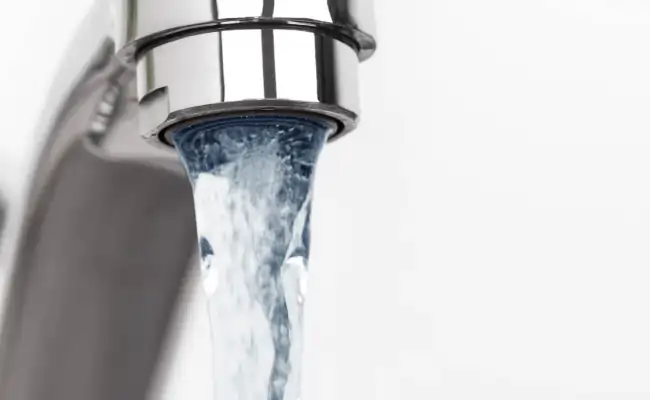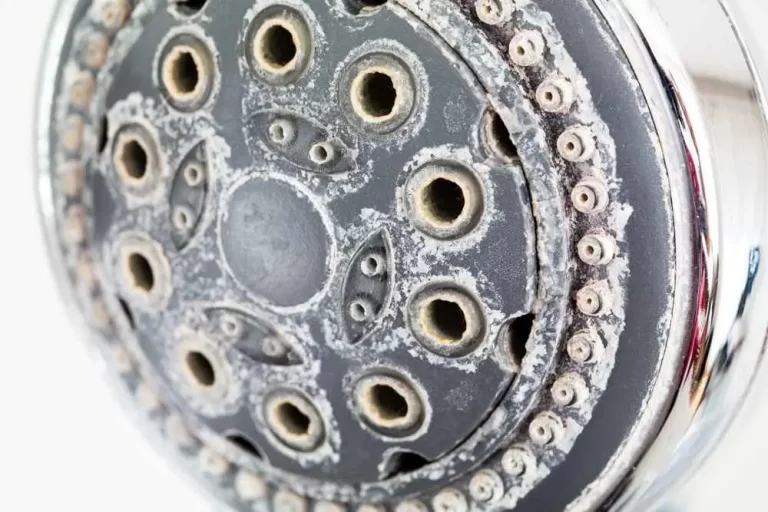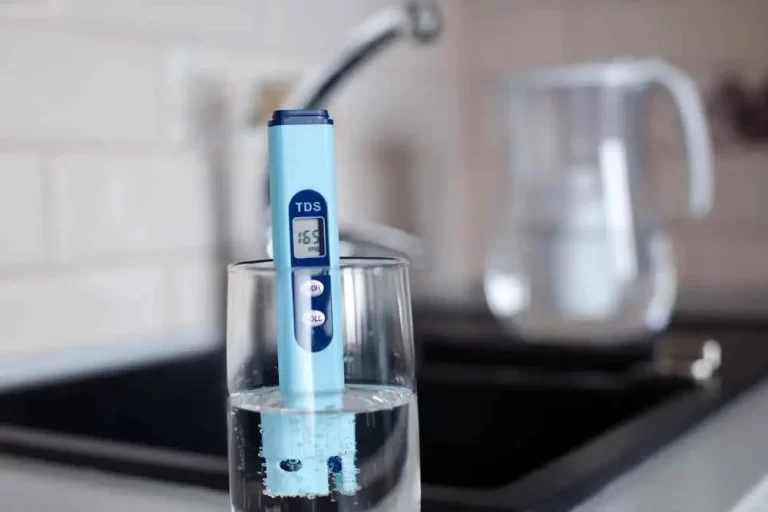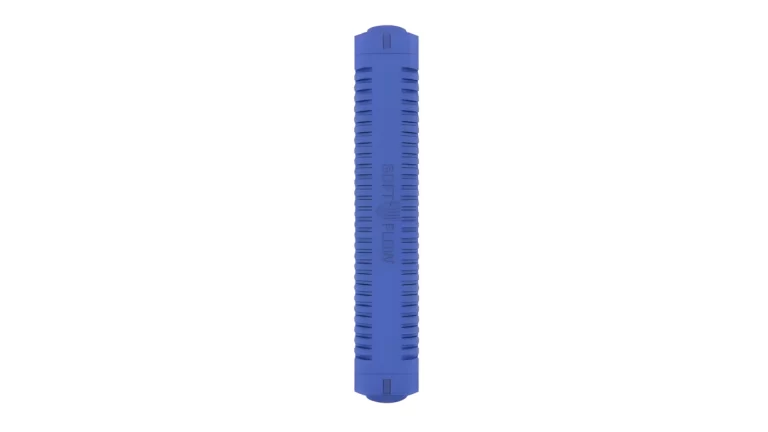
Hard water can cause various issues in your home, from dry skin to damaged appliances. Reducing the hardness of water not only improves water quality but also enhances your daily life. In this blog, we’ll explore what is hard water, how it is measured, the different types of hardness, its effects, and effective methods to reduce water hardness.
High concentrations of minerals, especially calcium and magnesium, are referred to as hard water. These minerals are picked up by water as it passes through soil and rock. While hard water is not harmful to drink, it can cause several problems in your home and affect the efficiency of cleaning products.

The most common units of measurement for water hardness are parts per million (PPM) or grains per gallon (GPG).

Here are the general categories of water hardness:
There are two main types of hardness in water:
Hard water can have several negative effects on your home and daily life:
There are several effective methods to reduce hardness of water:
If you are dealing with hard water problems, SOFTFLOW is the perfect solution for your home. It is a cutting-edge whole-house water softener made to eliminate excess minerals like calcium and magnesium that lead to the formation of limescale. By using SOFTFLOW, you can enjoy cleaner and softer water for bathing, washing, and drinking. It helps protect your pipes, faucets, and appliances, making them last longer and work more efficiently.

Reducing the hardness of water is important for better water quality and everyday comfort. Hard water can make your skin dry, hair rough, and leave stains on dishes. Additionally, it can clog pipes and reduce the efficiency of appliances.
The best ways to reduce hardness of water include using a water softener, a reverse osmosis system, or simple home remedies. SOFTFLOW offers high-quality water-softening solutions to giwater-softeningve you clean, soft water. When hard water issues are resolved, you can benefit from cleaner dishes, shiny hair, softer skin, and more efficient appliances.
Stay informed about new tips, offers, and product updates.
Brand by Aquaficient Technologies Pvt Ltd.
Aquaficient Technologies Private Limited
#A1&2, Dwarakavasa Road, Bharath Nagar, Bengaluru, Karnataka, 560091.
Get notified with our latest updates and innovations.
© 2024 Copyrights by Aquaficient Technologies Private Limited. All right reserved.
Designed & Developed by SwaParichay Studios